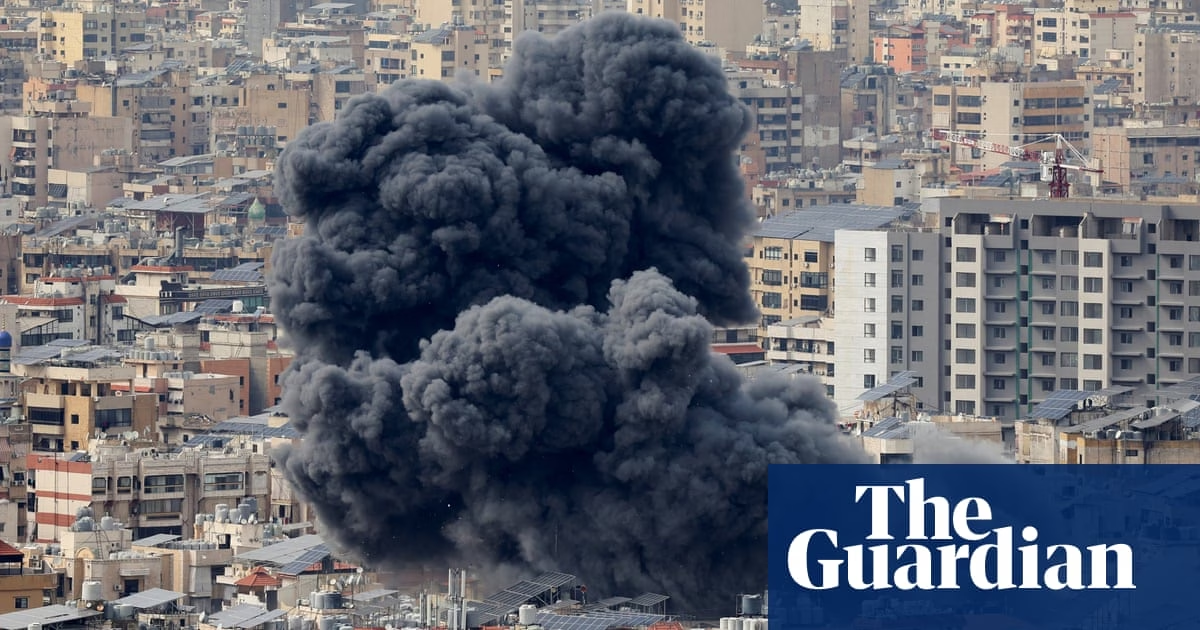For the first time since the November ceasefire with Hezbollah, Israel has launched an airstrike on Beirut.
Large smoke plumes were seen rising from the attack site in the southern suburb of Dahiyeh, with residents reporting the sound of the explosion from the surrounding mountains.
This incident jeopardizes the fragile truce established between Hezbollah and Israel on November 27 of the previous year.
Prior to the bombing, the Israeli military issued an evacuation warning, indicating they would target a building in Dahiyeh. A spokesperson shared a map marking the building in red and advised residents to vacate the area, reminiscent of similar maps used during Israel’s conflict with Hezbollah.
The warning stated, “Your presence is near Hezbollah facilities,” pointing to a building adjacent to two schools. This was followed by two “roof knocking” drone strikes as a signal.
An Israeli military spokesperson later confirmed that the airstrike targeted a truck and a Hezbollah drone storage facility.
The warning prompted residents of Dahiyeh to evacuate, with some firing shots to alert those unaware of the announcement on social media. Videos showed individuals seeking refuge on the sidewalks of central Beirut.
Earlier that day, Israel announced they had intercepted two rockets from Lebanon, marking the second instance within a week. No group assumed responsibility for Friday’s rocket fire, and Hezbollah remained silent.
Before the evacuation warning in Beirut, Israel carried out multiple airstrikes in southern Lebanon. Lebanon subsequently closed schools in the region to prevent further strikes.
Israeli Defense Minister, Israel Katz, stated, “If calm does not return to the Galilee towns, there will be no calm in Beirut… We will not allow a return to the pre-October 7 situation.”
Hezbollah’s response to the strike on Dahiyeh, where the group enjoys significant public support, remains uncertain. Given Hezbollah’s claim to protect Lebanon from the Israeli military, the strike could present a challenge to their legitimacy.
Despite the ceasefire that commenced in November, no major hostilities have resumed. However, Israel has conducted numerous strikes in Lebanon, and Hezbollah has taken responsibility for a single attack in Israel following the ceasefire’s inception.
The ceasefire has ended over 13 months of conflict between Hezbollah and Israel, which resulted in over 3,900 fatalities and displaced approximately 1 million individuals in Lebanon. Lebanon’s Prime Minister, Nawaf Salam, has reaffirmed his dedication to the ceasefire agreement and clarified that the authority to wage war is vested in the state, not Hezbollah.
The newly elected Lebanese government has prioritized the disarming of armed non-state groups following the ceasefire.
Source: https://www.theguardian.com/world/2025/mar/28/israel-dahiyeh-beirut-lebanon-hezbollah








